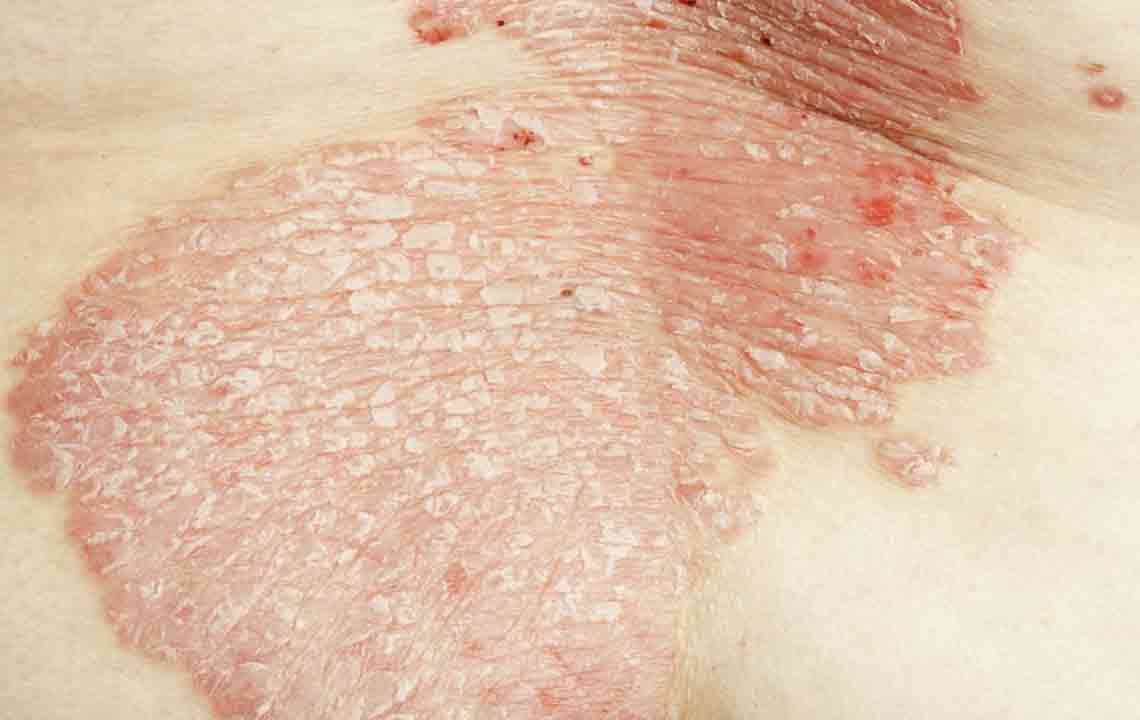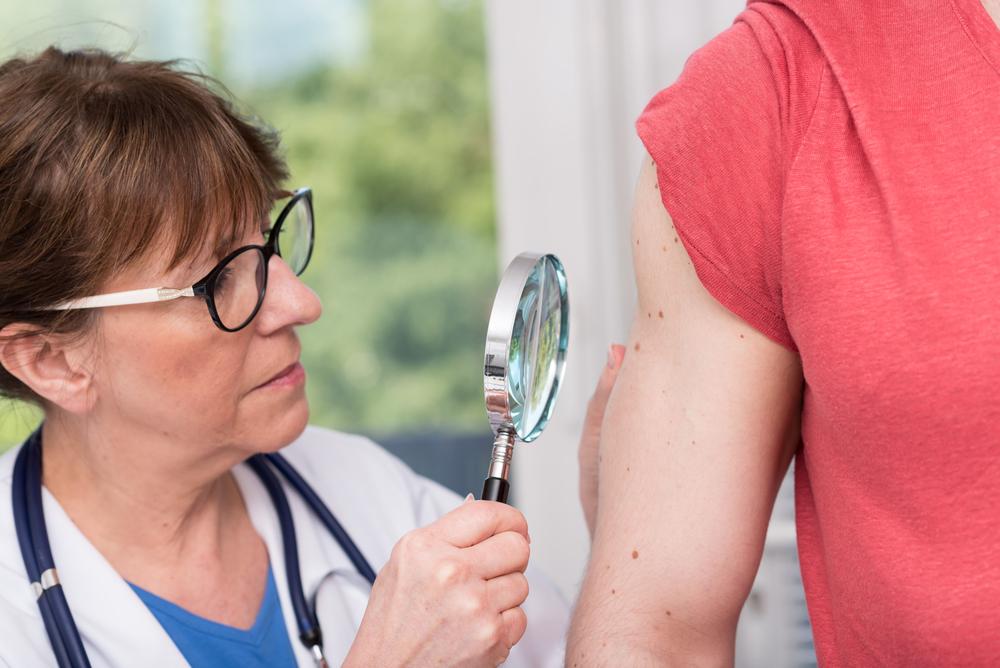Exploring the 5 Main Types of Eczema and Their Symptoms
Discover the five primary types of eczema, their distinctive symptoms, and visual clues to help identify and manage this common skin condition effectively. Understand triggers and treatment options with expert guidance for better skin health.

Eczema is a prevalent skin disorder characterized by itching, redness, and inflammation. Affecting nearly 30 million Americans, this non-infectious condition manifests in various forms, each with distinct triggers and symptoms. Recognizing these differences is essential for timely and effective treatment. This guide outlines the five primary types of eczema, including their unique signs and visual indicators, to help you understand and identify the condition better.
Atopic Dermatitis
Usually beginning in childhood, atopic dermatitis often improves with age. It is part of the "atopic triad," alongside hay fever and asthma. Common symptoms include dry, flaky skin, intense itching, redness, rashes on the limbs and face, and crusted or weeping sores.
Contact Dermatitis
Results from direct skin contact with allergens or irritants, causing an inflammatory reaction. Symptoms include redness, itching, burning, hives, thickened or scaly skin, and sometimes blistering or weeping sores.
Dyshidrotic Eczema
Typically affecting adults under 40, especially women, this form causes small, itchy blisters on fingers, toes, palms, and soles. These blisters may enlarge and become watery, accompanied by cracking, peeling, and soreness.
Stasis Dermatitis
Often seen in the lower legs due to poor blood circulation, this condition presents with swelling, crusted patches, dryness, cracking, and itchy, hot spots or blisters. It’s also known as venous or gravitational eczema.
Seborrheic Dermatitis
Commonly occurring in oily-skinned areas, this form causes red, flaky, and itchy rashes that may be raised or swollen, with yellow or white crusting. Typical locations include the scalp, face, ears, eyebrows, genitals, armpits, and upper back.
Consult a healthcare professional before using treatments or medications to ensure proper care suited to your specific condition.










